Fad versus feasibility: High costs likely to deter K-beauty indie brands from personalisation trend – analyst
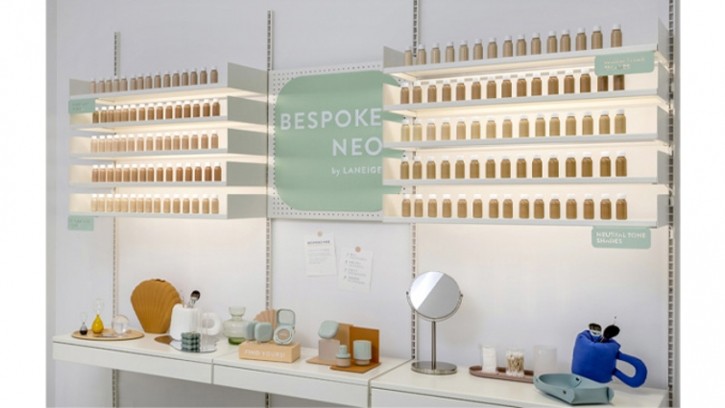
Often viewed as a trendsetter of the cosmetics sector, the K-beauty industry has birthed myriad innovations in the area of personalisation, ranging from customisable makeup and skin care to beauty tech devices offering functions tailored to individual needs.
In particular, the personal colour analysis craze, largely owing to celebrities like BLACKPINK member Jisoo who shared about her experience as well as Korean variety show features, has led to billions of TikTok views for clips with the #colouranalysis hashtag.
There has also reportedly been a spike in overseas visitors who are adding personal colour analysis consultations into their itinerary, which can cost up to USD300 per session.
Another example of the booming personalisation trend in Korea is Laneige’s Bespoke NEO service, whereby consumers can customise a cushion or foundation that precisely matches their skin tone.
At the store located in Myeongdong, Laneige staff would provide one-to-one colour diagnosis to measure and determine the best shade for each customer with the aid of digital tools. The customer would also be asked for information such as age and skin concerns.
With up to 150 shades available, customers can test and adjust the colour composition and tone to find the “perfect match” before confirming their purchase, following which Amorepacific’s patented manufacturing robot would make the product on the spot.
For an even more personalised touch, customers can print their name on a label that will be placed at the bottom of the packaging. Due to the popularity of this service, visitors are advised to book an appointment in advance.
While the trend is thriving right now, Lauren Lee, founder of K-beauty consultancy STYLE STORY and cosmetics brand Jelly Ko, has doubts on personalisation being a feasible long-term strategy for brands without the financial backing of a parent company like Amorepacific.
“There are a lot of barriers to entry for brands wanting to offer personalisation to their customers. Laneige’s bespoke service suffers from the difficulty of only being able to service a finite amount of customers per day, with bookings that are allocated months in advance.
“The need for a physical store and staff [with relevant skillset], a sizeable marketing budget, and investment in personalisation technology and booking software are the biggest hurdles for the majority of brands,” she explained.
However, Ko believes that this type of service will continue to be rolled out by larger brands, as it is an effective marketing tool and a good method to boost consumer-brand interaction on social media.
“From a different perspective, this is one way to offer a unique in-store experience to attract consumers, which is a focus for many brands at the moment. It is a popular trend for flagship stores in Korea, and I think it will likely continue.”
Ride trends with caution
Korea’s “pali-pali culture” (doing everything quickly) means that local consumers are constantly on the lookout for the next big thing, according to Lee.
“Koreans get bored really quickly. They don’t want to use the same product as they did two years ago. If you look for a product [after some time], chances are that it has been updated with new key ingredients or packaging because that is what the locals demand.
“In other countries, people get so upset when their favourite ‘holy grail’ product has been changed or discontinued. This is why the trends in Korea and overseas can be totally different.”
To keep up with the personalisation trend, Lee reckoned that the “more realistic option” for brands — rather than in-store set-ups — could be to incorporate artificial intelligence (AI) technology to create individualised offerings.
“For example, at Jelly Ko, we are working with an AI-based start-up that has created a technology which allows customers to analyse their skin online. It then recommends individual products that are suitable for them based on that personalised analysis. We hope to introduce this on our site within this year.”
![A beauty business updates in the APAC cosmetics industry. [Physiogel]](/var/wrbm_gb_food_pharma/storage/images/_aliases/wrbm_medium/publications/cosmetics/cosmeticsdesign-asia.com/headlines/business-financial/lg-h-h-amorepacific-hul-and-more-in-our-beauty-business-update/17175815-1-eng-GB/LG-H-H-Amorepacific-HUL-and-more-in-our-beauty-business-update.jpg)
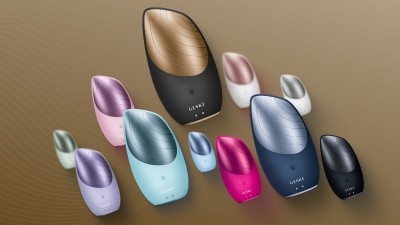
![Kao researcher develops machine learning model to objectively analyse and evaluate makeup texture on the skin. [Getty Images]](/var/wrbm_gb_food_pharma/storage/images/_aliases/wrbm_medium/publications/cosmetics/cosmeticsdesign-asia.com/headlines/formulation-science/kao-researcher-explores-machine-learning-for-makeup-evaluation-with-potential-for-personalisation/17157560-1-eng-GB/Kao-researcher-explores-machine-learning-for-makeup-evaluation-with-potential-for-personalisation.jpg)
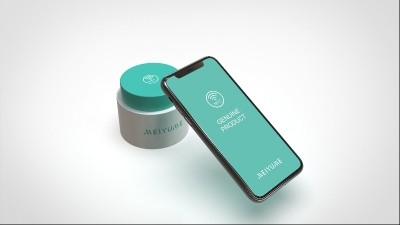
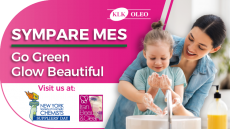

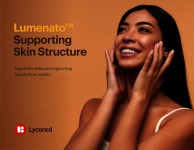



![[Getty Images]](/var/wrbm_gb_food_pharma/storage/images/_aliases/wrbm_tiny/publications/cosmetics/cosmeticsdesign-asia.com/china/china-focus-latest-developments-in-china-s-booming-beauty-market22/17370102-1-eng-GB/China-focus-Latest-developments-in-China-s-booming-beauty-market.jpg)
![YSL's LoveShine launch has sparked a demand surge in Japan. [YSL]](/var/wrbm_gb_food_pharma/storage/images/_aliases/wrbm_tiny/publications/cosmetics/cosmeticsdesign-asia.com/article/2024/04/24/ysl-loveshine-launch-propels-lip-gloss-sales-to-record-highs-in-japan-since-2020/17372064-1-eng-GB/YSL-LoveShine-launch-propels-lip-gloss-sales-to-record-highs-in-Japan-since-2020.jpg)
![There is significant scope for innovation and new launches in the hair repair sector, especially in soaring markets such as China. [Getty Images]](/var/wrbm_gb_food_pharma/storage/images/_aliases/wrbm_tiny/publications/cosmetics/cosmeticsdesign-asia.com/article/2024/04/24/croda-zeroes-in-on-hair-repair-solutions-as-damage-hair-concerns-surge-in-markets-like-china/17362731-1-eng-GB/Croda-zeroes-in-on-hair-repair-solutions-as-damage-hair-concerns-surge-in-markets-like-China.jpg)



![Lubrizol has extended its partnership with C-beauty major PROYA. [PROYA]](/var/wrbm_gb_food_pharma/storage/images/_aliases/wrbm_tiny/publications/cosmetics/cosmeticsdesign-asia.com/headlines/brand-innovation/lubrizol-bullish-on-potential-of-c-beauty-growth-potential/17362515-1-eng-GB/Lubrizol-bullish-on-potential-of-C-beauty-growth-potential.jpg)


